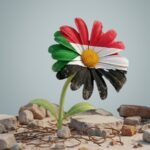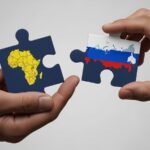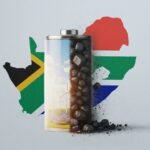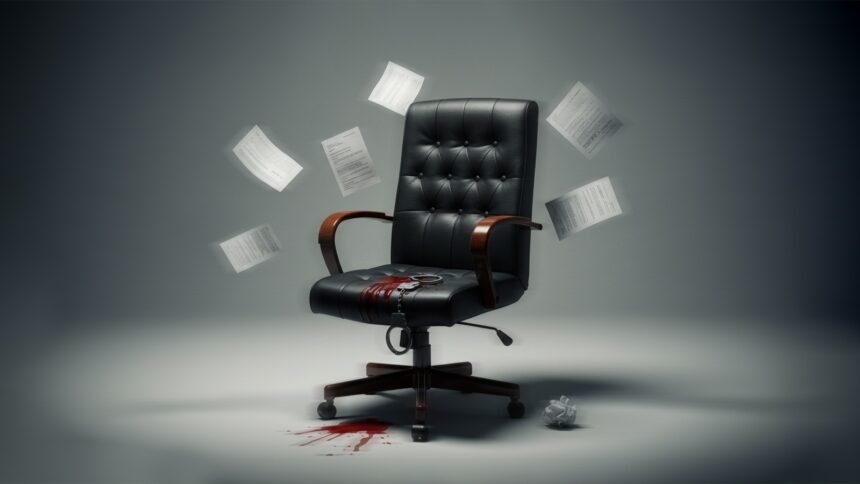In a country where corruption scandals have long danced with political power, the suspension of South Africa’s Police Minister Senzo Mchunu is both unsurprising and seismic. The man responsible for upholding law and order is now under scrutiny himself, benched by President Cyril Ramaphosa amid allegations of interference in sensitive investigations linked to organized crime and political violence.
This isn’t a tale of petty misconduct. At the center of the controversy are claims that Mchunu leaned on investigators to slow-walk probes involving political allies and crime syndicates—groups whose shadows loom large over parts of KwaZulu-Natal and Gauteng. Ramaphosa’s decision to place him on special leave comes after pressure mounted from watchdogs, opposition MPs, and even factions within his own African National Congress (ANC).
“It’s a bitter irony,” says Makhosi Dlamini, a Johannesburg-based political analyst. “We’ve spent years trying to cleanse the police service of political manipulation, only to discover that manipulation might be coming from the very top.”
This move represents a delicate balancing act for Ramaphosa, who has staked much of his presidency on promises of transparency and institutional reform following the era of state capture. His bold stance in temporarily removing a senior minister, though commendable in some circles, risks inflaming ANC infighting just months before key party conferences. Sources close to Luthuli House say Mchunu’s allies are already crying foul, accusing the president of playing internal chess by sidelining rivals under the guise of moral renewal.
But political motives aside, the allegations against Mchunu are disturbing. Reports leaked to the press allege that he attempted to stall investigations into politically motivated killings in KwaZulu-Natal, a province notorious for its deadly cocktail of factionalism, gang activity, and targeted violence against whistleblowers and local officials. At least three detectives involved in these cases have reportedly submitted affidavits to an internal oversight body claiming undue pressure from Mchunu’s office.
The presidency has announced the launch of a formal judicial commission to investigate the matter, with Judge Thando Mpofu expected to lead the inquiry. This is not just a bureaucratic box-ticking exercise—it could spell legal trouble for the minister and expose a network of influence reaching beyond the police ministry.
Reactions have poured in swiftly. The opposition Democratic Alliance (DA) called the suspension “overdue but welcome,” urging the president to go further and ensure full accountability for any wrongdoing. The Economic Freedom Fighters (EFF) were more scathing, accusing the ANC of protecting criminals in suits while jailing petty offenders.
Citizens, meanwhile, are caught between cynicism and cautious hope. “You get tired of the headlines,” said Thembeka Mthethwa, a teacher in Durban. “One day it’s a minister stealing PPE funds, the next it’s a cop working with gangs. But maybe—just maybe—this is a sign that someone upstairs is finally paying attention.”
For the South African Police Service (SAPS), already battling declining public trust and resource shortages, the scandal couldn’t come at a worse time. Violent crime remains rampant in several provinces, and the murder rate has ticked up for the fourth consecutive year. Internal morale is low, with many officers feeling caught between political agendas and street-level realities.
The suspension also revives debate around the structural independence of law enforcement in South Africa. While the police are theoretically insulated from political meddling, in practice, lines are often blurred—particularly in provinces where the ruling party’s factional rivalries seep into public administration.
Mchunu has denied any wrongdoing and claims the accusations are part of a smear campaign orchestrated by unnamed political opponents. He has retained a high-profile legal team and says he will fully cooperate with the inquiry.
But cooperation may not be enough. The South African public has become increasingly demanding of clean governance and quick accountability, especially after the painful lessons of the Zuma era. Ramaphosa’s political legacy now hinges on whether he can transform rhetoric into real reform.
And for Mchunu, the political fallout may be just beginning. Even if cleared by the inquiry, the stain of suspicion may linger. In South African politics, mud—once flung—rarely washes off clean.










